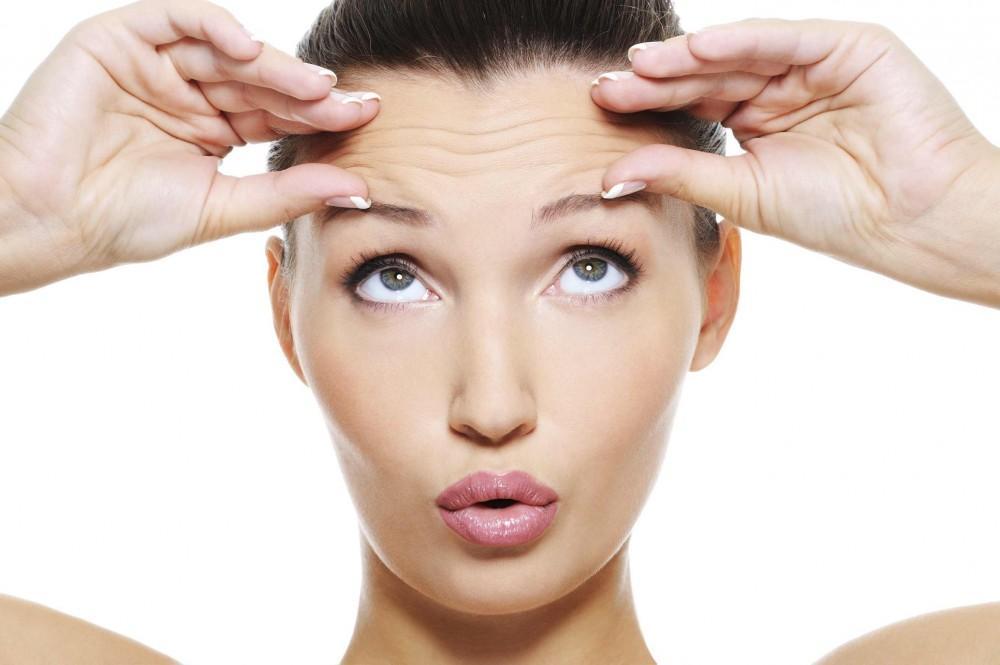Botox: 11 Surprising Uses for the Popular Injection

Botox is well-known for its use in cosmetic enhancements and is one of the most requested procedures.
However, many people may be unaware that it is commonly used to treat a variety of medical conditions. In fact, the therapeutic use of Botox now accounts for more than half of its revenue.
Botox first received FDA approval over 30 years ago and is now approved for 9 medical conditions and several cosmetic treatments. Some providers also use Botox off-label to treat conditions that do not have FDA clearance.
5 SURPRISING FDA-APPROVED USES FOR BOTOX:
1. Chronic migraines
Physicians found that patients who were being treated for wrinkles often noted an improvement in their migraines. When used to treat migraines, Botox is typically injected at 31 points in the head and neck, and follow-up treatments are recommended every three months.
2. Excessive underarm sweating
Botox was approved by the FDA in 2004 to treat underarm hyperhidrosis. Some providers also use Botox to reduce sweating in the hands and feet.
3. Overactive bladder
Studies found that up to 70 percent of patients with overactive bladder reported a reduction from five leaks per day to three leaks per day after Botox injections.
However, restricting the bladder too much can be problematic and result in the need for a catheter.
4. Cross-eyes
The medical term for cross-eyes is strabismus, and the FDA has approved Botox as a treatment to help eyes line up in the same direction.
5. Severe neck spasms
Botox is FDA-approved to treat patients that demonstrate severe neck pain and an abnormal head position.
6 SURPRISING OFF-LABEL USES FOR BOTOX:
1. Depression
Support for Botox as a treatment for depression is based on a facial feedback hypothesis. This theory proposes that a patients mood can be influenced by the facial expression he/she sees when he/she looks in the mirror.
2. Pre-mature ejaculation
Botox may be able to help patients postpone ejaculation by reducing movement of the penile muscles.
3. Abnormal heartbeat
An abnormal heart rhythm can be a post-operative complication of open-heart surgery, and Botox may be able to prevent its occurrence.
4. Severely cold hands
Severely cold hands are due to constricted blood vessels that cause poor circulation. Botox offers these patients some relief by relaxing the muscles to allow adequate blood flow to the hands and fingertips.
5. Infant cleft lip scars
During the recovery process from cleft lip surgery, physicians have injected Botox into the surgical scar. Botox improves the scar appearance and allows it to heal by limiting movement of muscles.
6. Painful sex
Botox can be used to reduce pelvic muscle spasms and vaginal contractions that cause some women pain during sexual intercourse.
If you are interested in Botox for a cosmetic or medical condition, please call Rostami OPC today to schedule an appointment.
